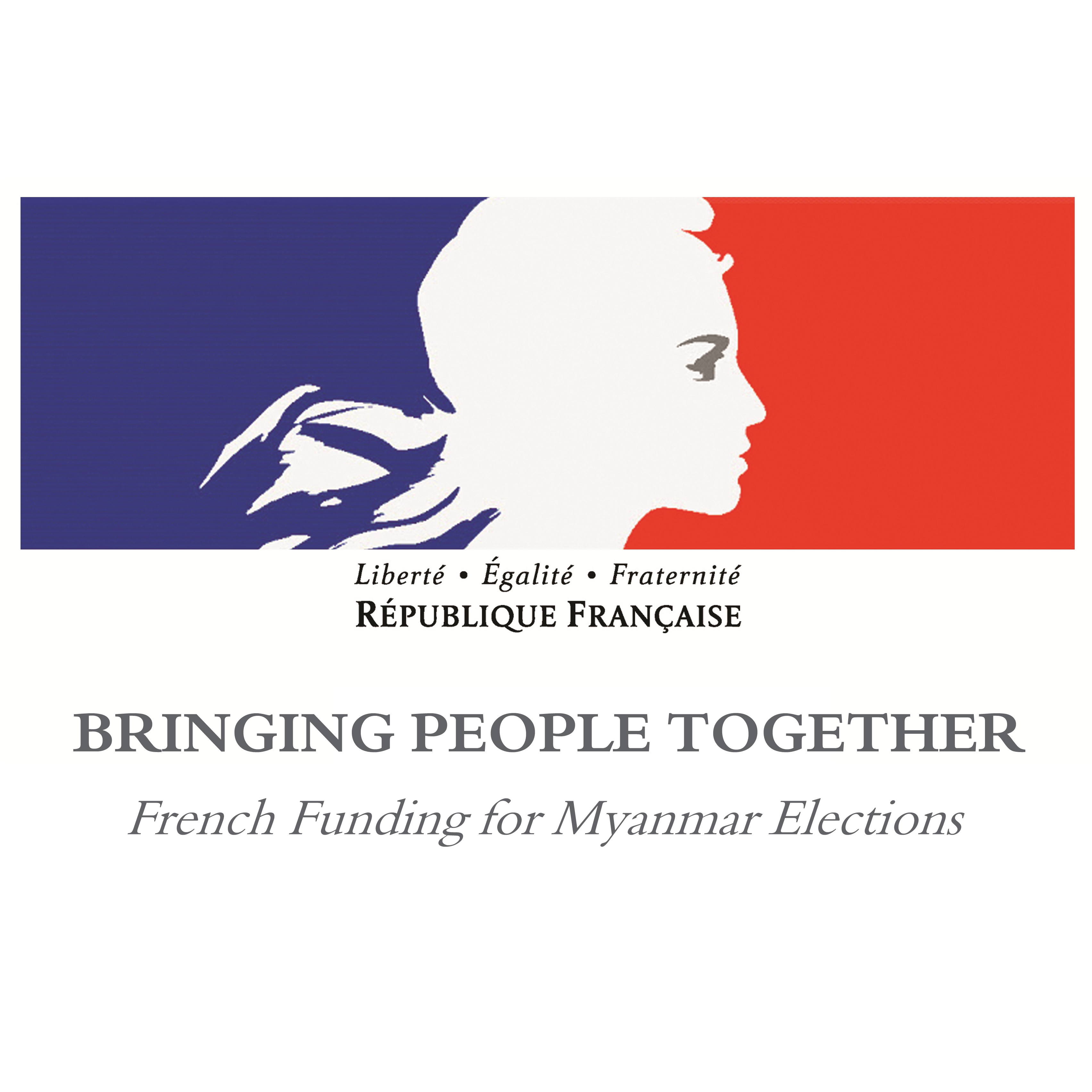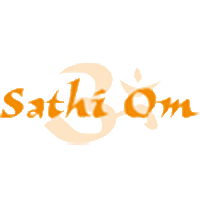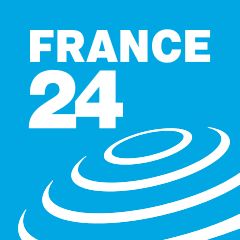A web documentary by Carine Jaquet and Mikaël Ferloni
Produced by MkF éditions
-
Chief operator and videos:
Alice Desplats, assisted by Rodolphe Chauvin
-
Editing :
Alice Desplats and Mikael Ferloni
-
Graphic creation, webdesign and integration :
-
Logo and One Myanmar font :
-
Additional editing:
Vanessa Giangrande
-
Jingle :
-
Theme song :
Geoffroy Houssin
-
Translation and English subtitles :
Pauline Plancq
-
Translation and Burmese subtitles :
Min Taw
-
Additional photographs :
Rodolphe Chauvin, Michelangelo Pignani, Htet Maung Oo
Millions of thanks to Saya Renaud for sharing his knowledge from Myitkyina, to Naypyitaw; to Maël and Romain for their enthusiasm and their useful comments; to Michel Baumgartner for his rigorous corrections on spelling and style, very useful when you are typing with a QWERTY keyboard; to Thusitha Perera for his attentive proof reading; to Pyae Sone and Min Taw for their kindness, good mood and help at any time ; to Jessica and Max for their hospitality ; and eventually to our friends who believed, followed and contributed to One Myanmar’s adventure !
Warning :
The comments of the interviewees contained in this documentary only represent the opinion of their authors and do not commit the directors of the documentary in any way.
Contact us : contact@mkfeditions.com
Legal notices
Website property rights
All the information broadcast on the website “one-myanman.com” is the property of MkF editions. More generally, MkF editions can neither guaranty the quality and the compatibility of the website for a specific use, nor the fact that the website is comprehensive or free of any mistake. Users are responsible for their use of the website, in accordance with the regulations in force (Law n°78-17 of January 6th, 1978, relating to data processing , filing and civil liberties, called “Loi Informatique et Liberté”).
The website one-myanmar is a publication of :
MkF éditions.
“E.U.R.L.” egistered at the Commercial Register of Paris under the number 508 136 504, with a capital of 1 000 Euros.
ntra-community VAT : FR10508136504
Headquarters : 1, rue Maison Dieu, 75014 Paris – France
©MkF éditions, 2015.
All reproduction rights are copyright for organizations and legal successors.
One-myanmar.com is hosted by:
OVH
SAS with a capital of 10 000 000 €
RCS Roubaix – Tourcoing 424 761 419 00045
Code APE 6202A
N° TVA : FR 22 424 761 419
Headquarters : 2 rue Kellermann – 59100 Roubaix – France.
Publication director : Octave KLABA
© MkF éditions, 2015. All rights reserved.






















